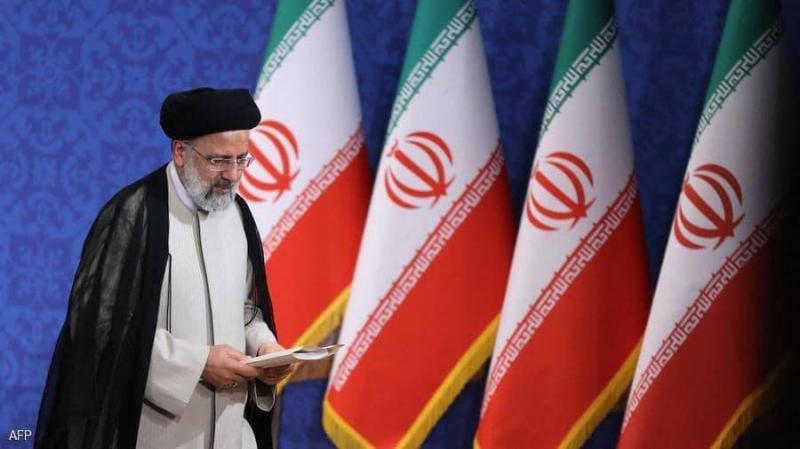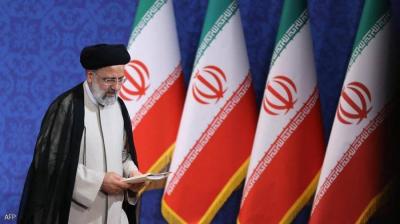Under the title "Days Before His Inauguration, Iran's Elected President Wanted for UN Investigation," Sky News reported that the UN investigator in charge of the human rights situation in Iran, Javaid Rehman, has called for an independent and credible investigation into the allegations against newly elected Iranian President Ebrahim Raisi. This step could pose a diplomatic and political embarrassment for Tehran. The UN investigator urged an inquiry into Ebrahim Raisi's central role in the mass executions of thousands of Iranian opponents in 1988, when Raisi was the Tehran prosecutor overseeing that campaign.
News agencies reported the investigator stating that his office has collected testimonies and evidence over many years regarding this issue and that he is ready to present it directly to the UN Human Rights Council or any other UN body capable of conducting an impartial investigation. The international investigator has previously pointed to a systematic campaign by Iranian authorities in recent times to erase the traces of mass graves resulting from those campaigns against Iranian opponents.
Javaid Rehman mentioned that now is the most suitable time for an investigation into those events because the accused will soon be the president of the republic and must bear responsibility. The mass executions highlighted in the UN reports refer to the extensive wave led by the Iranian regime’s hardline faction against internal political opponents immediately following the end of the Iran-Iraq War in 1988, after an earlier wave of purges executed in the early 1980s.
These purges were carried out through notorious sham trials led by Judge Sadegh Khalkhali, which resulted in the dominance of the radical religious current over the popular revolution that ousted former Shah Mohammad Reza Pahlavi.
The 1988 campaigns were characterized as sham trials which led to the swift execution of thousands of political opponents of the Iranian regime, encompassing leftist groups under the "Tudeh Party" umbrella, as well as members of the "Fadaiyan Khalq" group and opponents from various ethnic backgrounds, including Kurds, Arabs, and Baluchis across the country.
At the time, the Iranian regime feared that the end of the Iran-Iraq War would remove its justification for ignoring internal political conditions and that this would give momentum to opposition forces. Consequently, they began their military/judicial campaign against opponents, with the recently elected President Ebrahim Raisi serving as the Tehran prosecutor, the site where the largest campaigns took place.
A detailed UN report issued in 2018 titled "Blood-Soaked Secrets – Why the 1988 Executions in Iran are Ongoing Crimes Against Humanity" estimated that the number of victims ranged between three thousand and thirty thousand, noting that the secrecy of these operations has hindered accurate figures regarding what happened.
The newly elected Iranian president had denied in statements following the release of that report that he presided over the court that issued those decisions. However, he indirectly acknowledged the events referenced in the UN report, describing what occurred as representative of the Iranian people and as "one of the honorable achievements of the regime."
Recent demands from the UN investigator have been added to previous statements from Amnesty International's Secretary-General, Agnes Callamard, who remarked after the announcement of Raisi's presidential victory that "Iran still hides the truth of what happened in 1988 and whether the new Iranian president had a hand in it. This concerns the executions of thousands of political prisoners, and Iranian authorities continue to systematically conceal the circumstances surrounding the victims' fates and the locations of their remains."
Regarding the possibility of Iranian authorities allowing the elected president to be delivered to any UN investigative body or permitting international investigators to visit Iran and conduct a free and thorough inquiry into the incident and the role of the elected president in it, Iranian researcher Mehredab Shirzadi explained in an interview with Sky News that "it is extremely unlikely that Iranian authorities would do anything of the sort, as the matter is to them one of internal security secrets, much like the nuclear file."
He added that an impartial investigation and a clear UN condemnation of what transpired would effectively indict the political regime in the country and its traditional conduct toward its citizens and political opponents. This could open the door to other demands regarding human rights abuses, including those from the victims of the Green Revolution in 2009 in Iranian prisons, through to victims of peaceful demonstrations, and ultimately to uncovering the fates of thousands who perished in the regime's security prisons over the years. The Iranian researcher also stated, "This does not mean that the matter is futile, as many elected presidents have been pursued for their criminal actions for years, with some of them facing punishment in the later years of their lives, with Chilean and Serbian presidents being direct examples in recent years."




